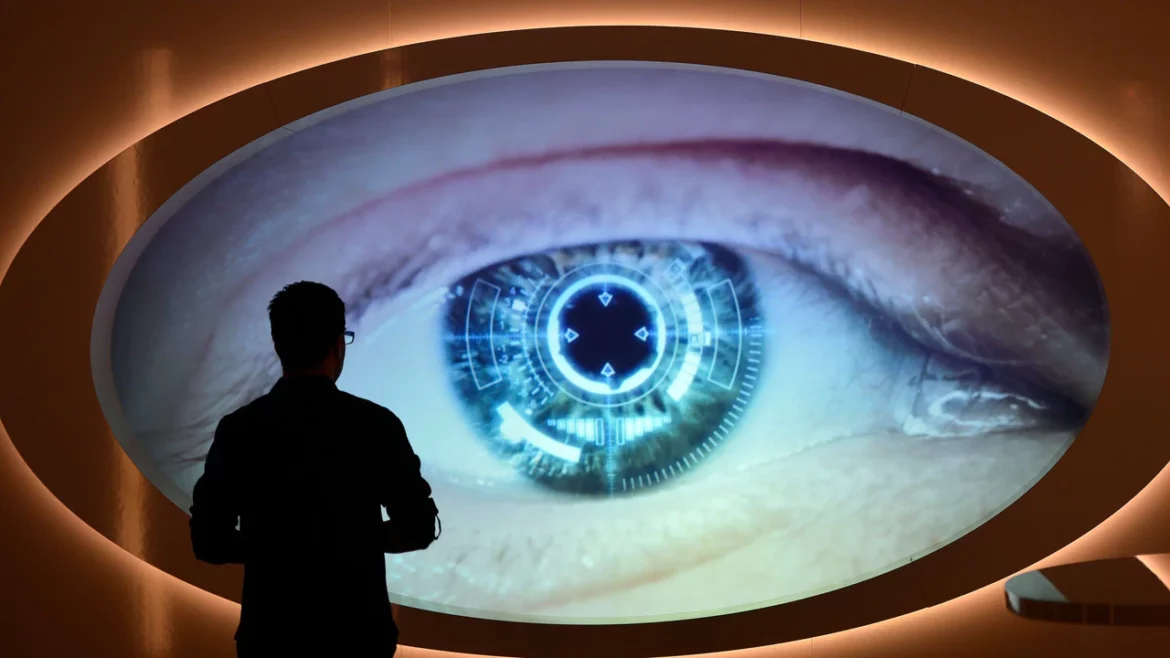 The hottest new crypto project in the industry has now launched. Worldcoin, a project that seeks to collect retina scans and biometric information, has launched with a $1 billion valuation, much to the chagrin of critics, who say that the project is ill-conceived at best and dangerous at worst.
The hottest new crypto project in the industry has now launched. Worldcoin, a project that seeks to collect retina scans and biometric information, has launched with a $1 billion valuation, much to the chagrin of critics, who say that the project is ill-conceived at best and dangerous at worst.
Founder Sam Altman has drawn heat for the project, which many say opens the doors to people’s biometric data being hacked, stolen, or taken advantage of. Worldcoin, the coin driving the project, is distributed through retina scans. Those that scan their eye with the project’s modern, eerie orbs, receive a free share of Worldcoin.
According to the website, the coin solves a big problem and major technological hurdle that the world is sure to face in the coming decades. It said, “It solves the problem through biometrics: the Orb captures an image of a person’s eyes, which is converted into a short numeric code, making it possible to check whether the person has signed up already. If not, they receive their free share of Worldcoin. The original image will not need to be stored or uploaded. In contrast to many centralized services we use today, no other personal information is required. Through modern cryptography, this numeric code is also not linked to the user’s wallet or transactions, further preserving user privacy.”
Promising privacy is nothing new for cryptocurrency projects. It seems as if each time a project comes along that promises user data and information privacy, something bad happens. Still, Altman and his project are forging ahead, confident that the benefits of their project outweigh the risks.
According to Worldcoin co-founder Alex Blaina, users that register and submit to the eye scan will receive anywhere from $10 to $200 in rewards, paid in Worldcoin. The amount of reward will depend on how early the user signs up to the project.
The company believes that it can onboard as many as a billion people to the project within the next few years. One single device can onboard up to 700 people per week, and the company plans to manufacture 50,000 devices.



